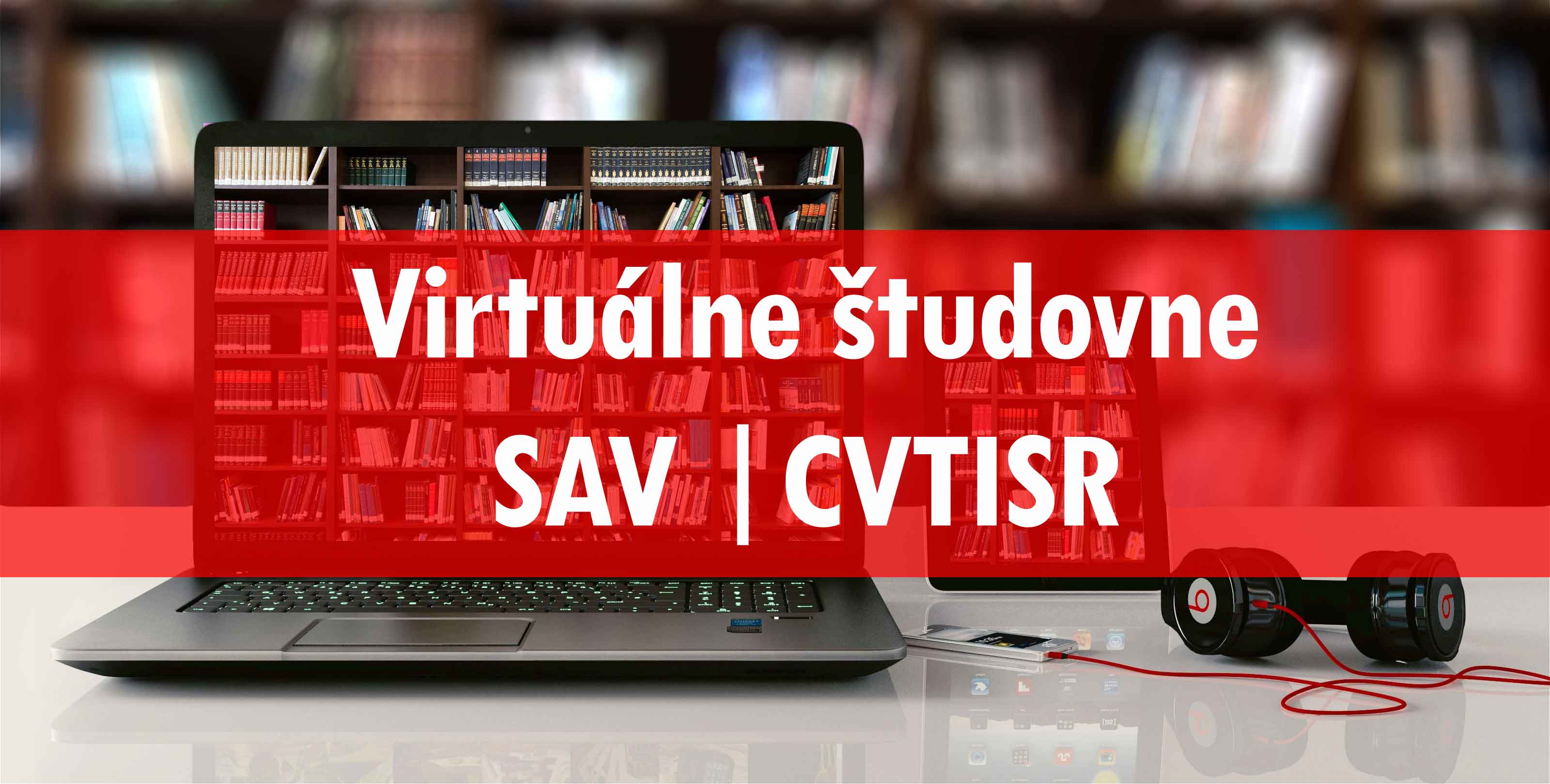| VEDECKÝ ČASOPIS O DEJINÁCH SLOVENSKA A
STREDNEJ EURÓPY
VYDÁVA HISTORICKÝ ÚSTAV SLOVENSKEJ AKADÉMIE VIED, V. V. I. ISSN 0018-2575 (print) ISSN 2585-9099 (online) EV 3084/09 Všetky obsahy sú čitateľom voľne dostupné podľa licencie Creative Commons CC BY 4.0. Indexovanie a abstraktovanie: Web of Science Core Collection: Arts & Humanities Citation Index Additional Web of Science Indexes: Current Contents Arts & Humanities Scopus CEEOL CEJSH EBSCO Historical Abstracts ESF (HUM) ERIH plus |
AKTUÁLNE ČÍSLO | REDAKCIA | POKYNY PRE AUTOROV | ARCHÍV | PREDPLATNÉ | O ČASOPISE | PUBLIKAČNÁ ETIKA | VÝZVY
Historical Journal, Volume 64, 2016, Number 5
C O N T E N T S A r t i c l e s Kollárová, Ivona: Freedom of the press in
Hungarian Late Enlightenment discourse ... 785 R e v i e w s Dvořáková, Daniela et al.: People and the animal
world in the Middle Ages (Ján Steinhübel) ... 917 KOLLÁROVÁ, Ivona. Freedom of the press in Hungarian Late Enlightenment discourse. Historický časopis, 2016, 64, 5, pp. 785-808, Bratislava. The study analyses the socio-political discourse about freedom of the press in the Kingdom of Hungary in the context of the 1790-1791 parliament and the work of the commission for public and political affairs on the preparation of legislation on freedom of the press in the period 1791–1794. Against the background of Hungarian constitutionalism, it notices the opposition and argumentation of Hungarian county authorities concerning decrees on the closure of private printing presses. It analyses further philosophical, religious and political considerations, in order to point out their context in the philosophy of the European Enlightenment, the concept of the social contract, the French revolution and its liberal ideas. It shows how the concept of the nation and the development of its culture as an expression of Hungarian nationalism was brought into these considerations, and that the intensive debate on freedom of the press and expression had no impact on the growing pressure of censorship as an expression of a weakened political power. Key words: Freedom of the press. Freedom of thought. Censorship. Enlightenment. Liberalism. Kingdom of Hungary. Law. MACHO, Peter. “He flew on wings of Slavonic feeling to Serbia to help the Serbs in 1915”. The symbolic instrumentalization of M.R. Štefánik and Slavonic community against the background of the inter-state relations of the time. Historický časopis, 2016, 64, 5, pp. 809-843, Bratislava. The study analyses the symbolic instrumentalization of the national hero M.R. Štefánik in the context of the modified form of Slavonic community in the 20th century. In the inter-war period, the symbol of Štefánik was used to strengthen the Czechoslovak – Yugoslav alliance on the basis of Slavonic brotherhood. The political representatives of independent Slovakia and Croatia during the Second World War refused to build their inter-state relations on the basis of Slavonic community. From the point of view of Zagreb, Štefánik appeared pro-Serb and pro-Yugoslav, so he was an undesirable symbol for the Croats. Emphasis on the strong Slavonic and Serbophil identity of Štefánik became an instrument for Slovak opposition oriented circles to articulate their resistance to the Ľudák regime and the Slovak state. Key words: Symbol. Slavonic reciprocity. Serbophilism. Czechoslovak-Yugoslav alliance. Milan Rastislav Štefánik. Slavko Kvaternik. KOVÁČ, Dušan. How Europe Went to War in 1914. Historický časopis, 2016, 64, 5, pp. 845-871, Bratislava. The study is devoted to the question of the outbreak of war in August 1914. The author analyses the imperial aims of the individual great powers and their war aims. He takes a critical view of the attempts of some authors to transfer the blame for the war to all the participants. According to the author, having imperial aims and starting a war are two different things. The Central Powers played the key role in starting the war in the summer of 1914. Germany used various channels to put pressure on its ally Austria-Hungary to start the war quickly. Key words: First World War. Outbreak of war. War aims. BENKO, Juraj. The Hungarian communist exiles and their activities in the years 1919–1921. Historický časopis, 2016, 64, 5, pp. 873-897, Bratislava. The study is concerned with the activities of the Hungarian communist exiles in the period immediately following the fall of the Hungarian Soviet Republic in summer 1919. The term Hungarian communist exiles designates the specific ethno-political group composed of representatives and adherents of the fallen regime, who left Hungary after their military defeat and engaged in organizing the communist movement in other countries. They became important figures in building up the communist movement in Central Europe, especially in the former territories of the Kingdom of Hungary. Study of the broad theme is limited to the transmission of the communist ideology, organizing of the communist movement and the movement and activity of members of the Hungarian communist exile group in the Central European region, Czechoslovakia and especially Slovakia in the years of the so-called revolutionary wave, namely 1919–1921. Key words: Hungarian communist exiles. Communist movement. Third Communist International. Communist Party of Hungary. Marxist left. Slovakia. Transfer of ideologies. Frontiers. ŠTEFANSKÝ, Michal. Gustáv Husák – First Secretary of the Central Committee of the Communist Party of Czechoslovakia (1969–1970). Historický časopis, 2016, 64, 5, pp. 899-916, Bratislava. The study analyses the political decisions of Gustáv Husák from his election to the position of first secretary of the Central Committee of the Communist Party of Czechoslovakia in April 1969 until December 1970. On the basis of the original sources, it evaluates the development, in which important normalization measures were applied in the political leadership of the Communist Party of Czechoslovakia. The position on the so-called anti-socialist forces in the Communist party, rehabilitations, expulsion from the Communist Party, the policy of the “ultra-leftist forces” and evaluation of the developments before and after January 1968 were changed. G. Husák’s Normalization policy was carried out under pressure from Moscow, which supported the domestic conservative forces. Key words: Gustáv Husák. Normalization. Presidium of the Central Committees of the Communist Party of Czechoslovakia and Communist Party of Slovakia. Ultra-leftist forces in the CPC. Expulsion from the CPC in 1970.
Do Vašej pozornosti ďalej
odporúčame: |



